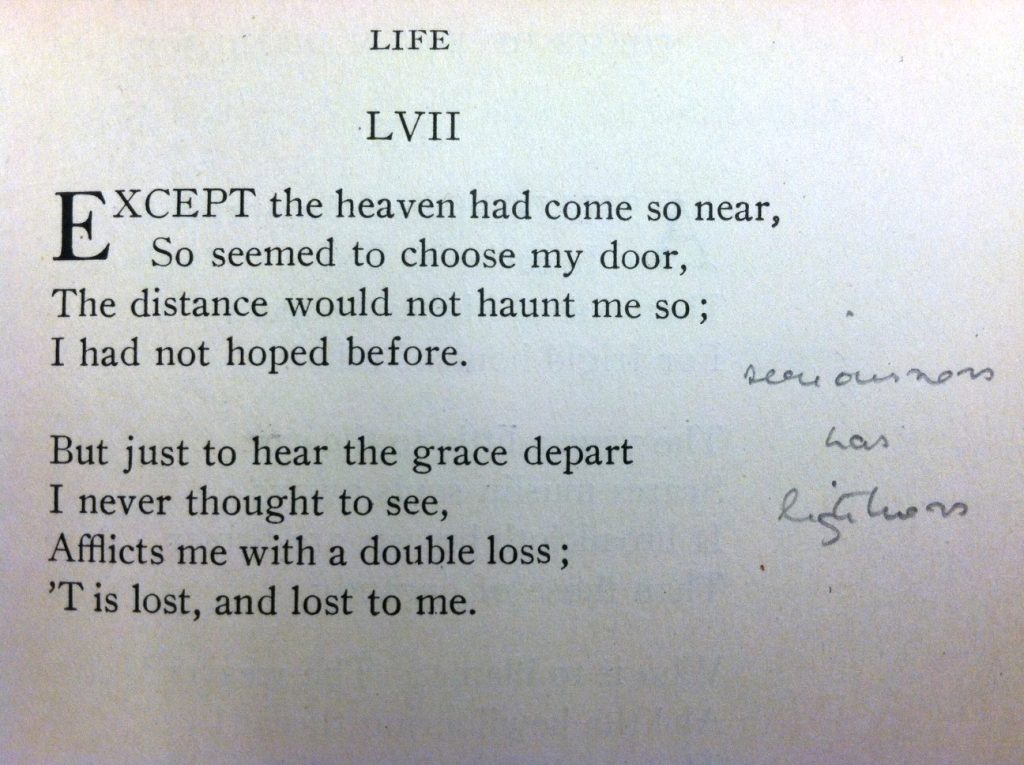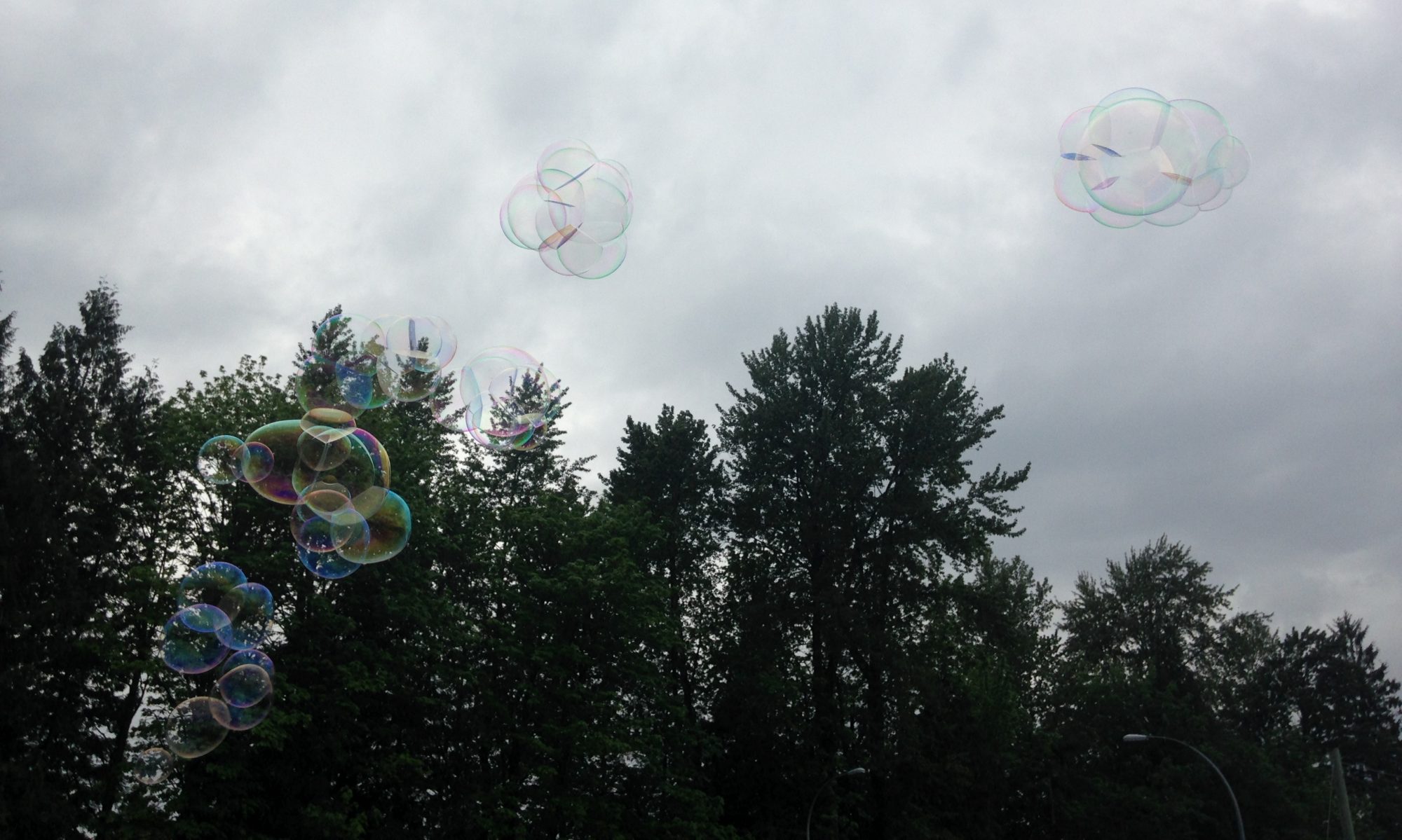Our Kind of Seriousness, a book project emerging from my doctoral dissertation, attends both philosophically and historically to the affect of seriousness in contemporary North American culture. It focuses specifically on expressions and performances of seriousness—of being serious or of taking something seriously—that evade or exceed the generic, social, and sensual limitations of Matthew Arnold’s famous ethos of “high seriousness” and the Kantian formulation of disinterested judgment that underwrites it. Motivated by a desire to distinguish between two kinds (rather than degrees) of seriousness—limited seriousness and whole seriousness—in our readings of contemporary poetry especially, my analysis tracks how post-WWII liberal-democratic valuations of spectatorship, cosmopolitanism, humanism, and secularism are discovered or proven to be inadequate to the tasks of justice once envisioned for them. And it asks, ultimately, under what conditions of risk we might insist on keeping poetry to ensure that it remains much more than what the poet Audre Lorde would call “a luxury.”
Central to my study is an explication of how the writer Laura (Riding) Jackson’s revisions to the Spinozist concept of “intuitive science” inflected a kind of seriousness that, without necessarily rejecting the category of the aesthetic, saw itself as more capaciously feminist, more broadly ecological, and more potentially militant in its orientations than the kind of seriousness engaged through moral optics of “a procrustean male sort.” To Lorde, a self-described “Black feminist lesbian warrior poet,” I turn for her correspondent but more ample recognitions of what she called “the dangers inherent in an incomplete vision,” here demonstrating how such Black-feminist lenses as those of intersectionality and multiple jeopardy render Lorde’s whole seriousness more whole than (Riding) Jackson’s. To the novelist David Foster Wallace I turn for a cautionary tale of how whole seriousness can be in some sense stillborn in what I term a “white trinity” of formalism, conservatism, and voyeurism, wherein the political act of witnessing is reduced to an individual act of attention. And to the (soma)tic poetry rituals of CAConrad—whose grandfather wanted them to “become a killer” but who joyfully, in their words, “became a vegetarian faggot poet instead”—I turn for revelations or reminders of how, as I title my coda, “Experimentalism Was Never Enough.”

